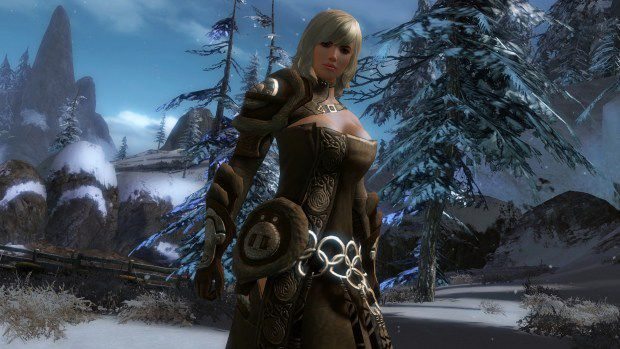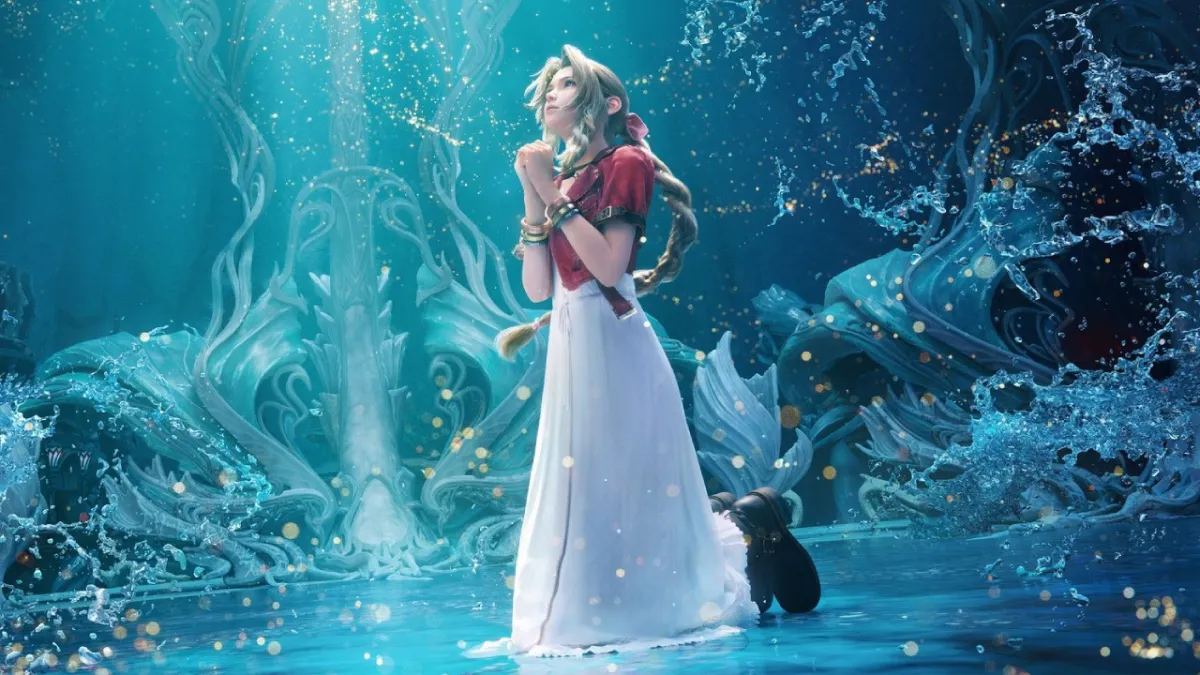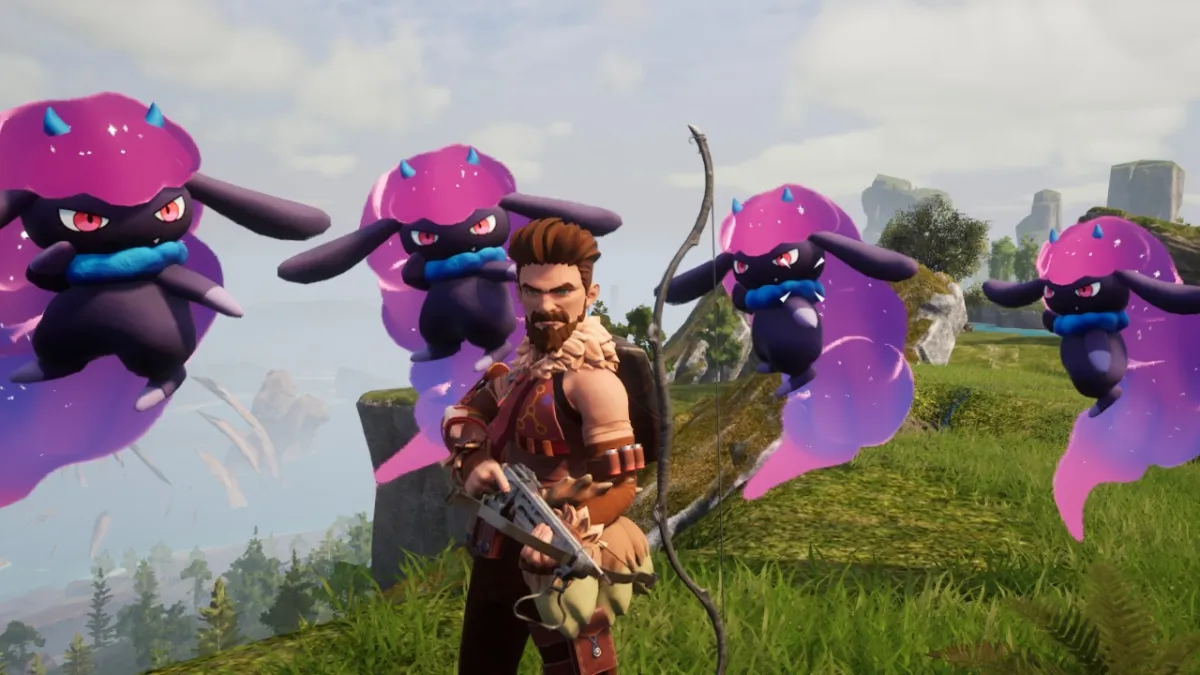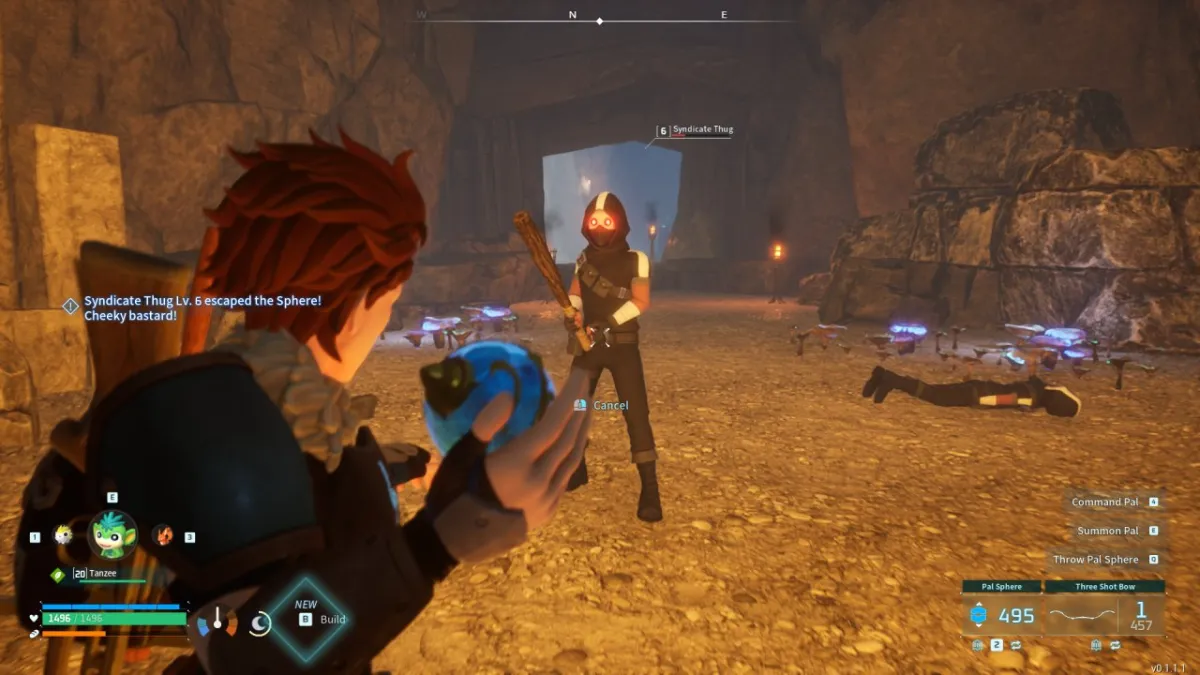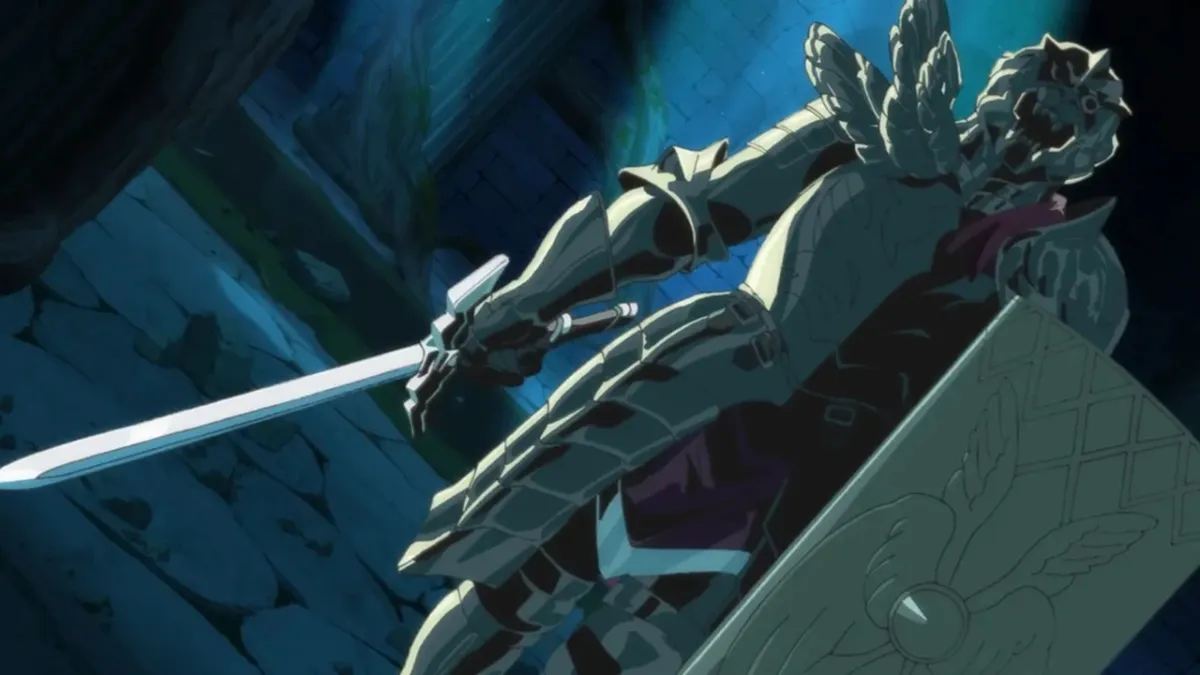Vivendi is currently in the process of unloading shares for Activision Blizzard, Inc., though it’s not exactly going as smoothly as they initially hoped. Big name suitors including Microsoft and Take-Two Interactive both passed on the notion of owning the publisher’s shares, and the company is also simultaneously dealing with the issue of struggling subscription numbers with its flagship MMO, World of Warcraft. Leonid Levit and Derek Cheung of Honne Capital, a New York-based hedge fund focused on long/short equity strategies, recently analyzed this explosive situation in Forbes and came to the conclusion that current investors of Activision Blizzard, Inc. could be in hot water at the end of August.
Levit and Cheung note that Activision Blizzard obtains a majority of its current revenue solely from the subscription model of World of Warcraft and the monthly fees required of users to continue playing. The two say this strategy has worked due mostly to a lack of competitive titles on the MMO market:
“After looking into Activision Blizzard, Inc. (ATVI), we discovered an amazing looking company that is unfortunately almost completely sustained by the revenue it reaps from one game, World of Warcraft. When considering that the same company has a 60% majority shareholder (Vivendi) looking to sell its shares in the company you get the potential for a catastrophic situation. What if strong competition were to come into the MMORPG space (massively multiplayer online role playing game) and take market share away from World of Warcraft? How long would Vivendi wait before it starts jumping ship on the open market?”
The authors cite that subscription revenue alone for World of Warcraft totaled $1.2 billion both in 2008 and 2009, and an additional $1.36 billion in 2010 and that WoW subs have generated gross margins over 80% consistently. Nevertheless, Vivendi has seen its shares steadily sliding for the past few years, forcing the company to try and sell some of its equity interests in an attempt to raise the level of those shares back up.
However, Levit and Cheung observe the potential threat WoW and Activision Blizzard Inc. faces in Guild Wars 2, due to be released at the end of the month. Unlike WoW, Guild Wars 2 requires only a one-time purchase fee of $60 without the hassle of a monthly subscription. In addition to its economical advantages, many believe Guild Wars 2 will be a better game entirely and the one MMO that fans have been waiting to play following years of genre stagnation:
“Guild Wars 2 is a fierce competitor that is creeping up on Activision’s WoW title at the end of August 2012 that we believe many investors have not factored into their ATVI recommendations. Guild Wars 2 has already been ruled by many on blogs and discussion boards as superior to WoW just based on the experience gamers shared while playing the Guild Wars 2 beta…Guild Wars 2 will has the potential to attract many of the new MMORPG players that have been stuck in limbo since titles like RIFT (developed by Trion Worlds founded by former Electronic Arts and NCsoft employees), AION (developed by NCsoft), and Star Wars failed to take-off and beat WoW. What we have now is an entire generation of gamers that tried to switch from WoW to a new MMORPG but found themselves exactly where they started due to lackluster titles being released. With the release of a new game that has better graphics and better gameplay than WoW, one would be hard pressed to find reasons why gamers would not make the switch.”
Guild Wars 2 creators ArenaNet and NCsoft are implementing a number of gameplay elements they believe will make GW2 the most innovative and unique MMO on the market, including an upgraded physics engine, deep narrative, a “Dynamic Events” system, and a PvP component that levels the playing field for every participating user. If Guild Wars 2 ultimately becomes the success many hope it will be, Levit and Cheung predict that Activision Blizzard, Inc. could find itself in major financial trouble:
“We estimate that ATVI’s gross profit of the subscription business could drop to $779 million from the current $1.12 billion and software gross profit could drop to $75 million from $100 million if a mere 25% of current subscribers stop playing WoW. With the combination of these numbers, we project ATVI could experience a drop of up to $366 million in gross profit in the 6 months following the release of Guild Wars 2 at the end of August 2012.”
Guild Wars 2 unquestionably has the potential to transform the very landscape of the MMO genre not only with its expansive gameplay elements, but also with the concept of a one-time fee. The traditional MMO strategy of monthly user fees may indeed be at the end of its life cycle, as not even BioWare’s prominent and largely successful Star Wars: The Old Republic could sustain such a business model for more than a year.


